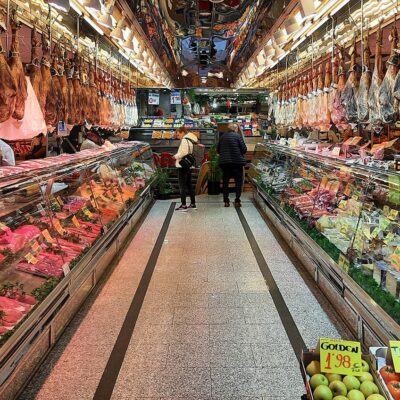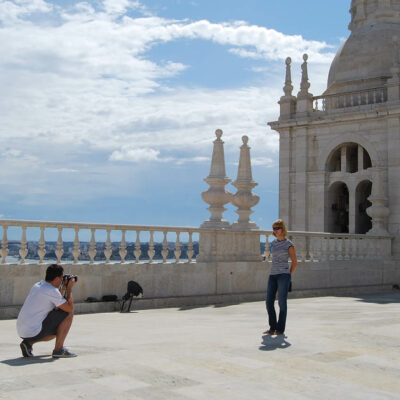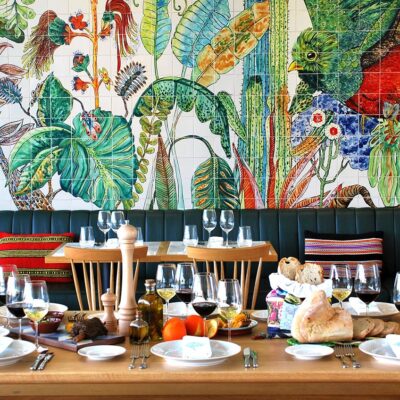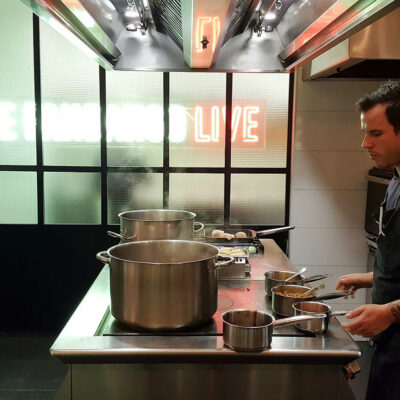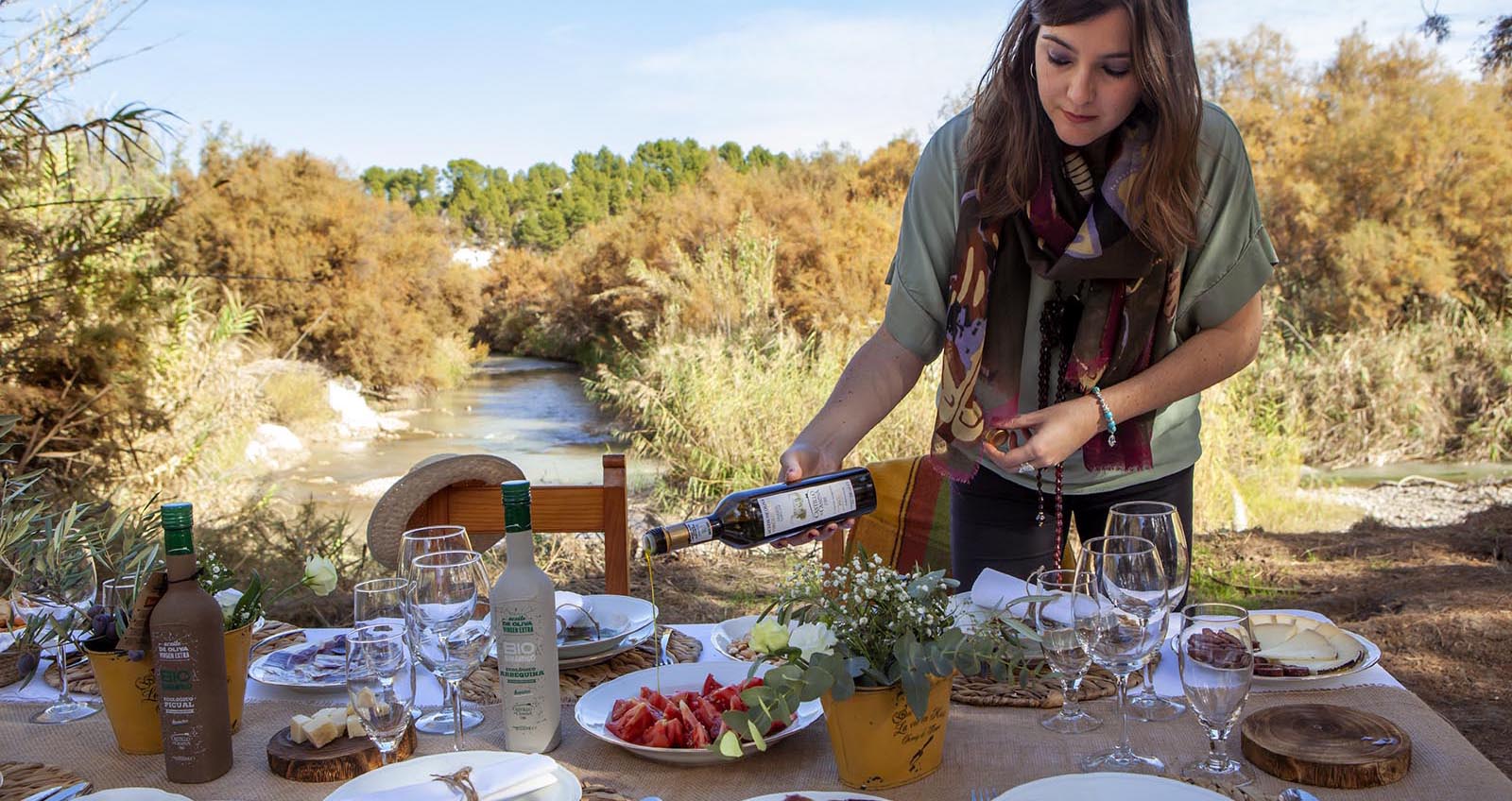Tour Highlights
- Enjoy the majestic and unspoiled countryside of Castilla-la Mancha and Andalucía, combining some of Spain greatest cities and best keep secrets.
- Visit underrated wine regions with organically farmed vineyards, taste exceptional wines in beautiful places
- Explore 5 marvellous UNESCO World Heritage Sites: Toledo, Ubeda, Cordoba, Granada, and Seville
- Savour both rustic as well as innovative cuisine that reflects the rich gastronomic heritage of centuries of cultural interactions
- Visit an exclusive olive oil producer, sample some prized organic olive oils
- Sojourn at exclusive hotels – on a wine estate, and in historic city centres
- Explore the beguiling streets and squares of Toledo, Ubeda, Cordoba, Granada and Seville, with their outstanding reminders of Christian, Jewish and Moorish influence in Iberia
- Take part in exclusive walking tours in some of Spain’s most alluring cities, discover hidden gems and learn their amazing histories and stories.
Inclusions & Pricing
Availablity:
This is a fully bespoke tour, available throughout the year. Minimum number of guests is two. To check availability for specific dates, please get in touch. Our itinerary can be altered to suit your flight schedule and duration desired.
Pricing:
The price for an 11 days (10 nights) tour: Euro 2.695,- per person.
Inclusions:
- 2 nights’ accommodation exclusive 5 star palace hotel Toledo
- 1 night accommodation exclusive 4 star hotel Almagro
- 1 night accommodation 4 star boutique hotel Ubeda
- 2 nights’ accommodation 4 star hotel cum winery Granada
- 2 nights’ accommodation 4 star charm hotel Córdoba
- 2 nights’ accommodation 4 star boutique hotel Seville
- 10 breakfasts
- 1 restaurant dinner Toledo – including wines and soft drinks
- 1 private guided tour in Toledo
- 1 private guided tour, tasting and dinner Toledo winery – including wines and soft drinks
- 1 private guided tour, tasting and light lunch at a top winery La Mancha
- 1 private guided tour in Almagro / La Mancha
- 1 restaurant dinner Almagro – including wines and soft drinks
- 1 private guided tour, tasting and light lunch at a top olive oil producer in Úbeda / Andalucia
- 1 private guided tour in Ubeda
- 1 guided tour and tasting at a top winery in Montilla-Moriles
- 1 private guided tour in Cordoba
- 1 Michelin star restaurant dinner in Cordoba – including wines pairing and soft drinks
- 1 private guided tour, tasting and lunch organic winery in Malaga wine region – including various wines and soft drinks
- 1 dinner at your hotel cum winery Granada – including various wines and soft drinks
- 1 private guided tour in Granada
- 1 tour and tasting at artisanal Andalucian biscuit producer
- 2 restaurant dinners in Seville – including wines and soft drinks
Not included:
- Air fare
- Travel insurance
- Car rental & chauffeur services
- NB: Upon request we can add airport transfers and / or a personal driver service for your visit to the wine country.
Overview
Castilla-La Mancha at a glance
A mere one hour south of Madrid will take you to one of the largest autonomous communities of Spain – Castilla-La Mancha. La Mancha, or Al-mansha in Arabic, alluding to the dry nature of this region. However, this is not a sterile place, on the contrary, the area has one of the largest vines’ plantations in the world. It is also a place where beautiful olive groves are in abundance and where fragrant and rich fruit orchards can be found filled with some of Spain’s best apricots and sweetest figs. However, the best-known product of La Mancha might be the delicious and world-famous Manchego cheese, made from the milk of a local sheep breed.
You may also have heard of Castilla for its vast number of Castles. This is a legacy of the “Reconquista” back in the 9th and 12th centuries when the region was one of the most important battlegrounds between Christians and Moors. Today, this is the most sparsely populated region of Spain, and one of the least visited, but it is without doubt a region which offers a wealth of experiences that truly capture the imagination.
Toledo
The UNESCO World Heritage city of Toledo is the most known town in La Mancha. We feel this is one of Spain’s great cities, with a marvellous setting atop a hill surrounded by the Río Tajo (Tagus River). Throughout its history Christian, Muslim and Jewish communities have coexisted peacefully within the town, earning Toledo the name of the “City of the Three Cultures”. Serving as a testament to its diverse medieval history are the synagogues, mosques and churches that stand together in the historic quarter. To this day, the towers of The Alcazar, a Moorish fortress built in 1085, dominate the skyline; a couple of feet away, you can find one of Spain’s finest Gothic cathedrals.
The coming together of three Abrahamic religions has resulted in diverse tradition of food and wine that has been passed down through generation after generation. Local taverns and restaurants serve traditional country food with plenty of hearty soups, casseroles, and grilled local meat, particularly poultry and seasonal game. Toledo is worth a visit too for the new wave of tapas bars offering truly gastronomic experiences, and the growing number of chic, modern restaurants. The city attracts a fair amount of tourists, but they are mostly gone in the evening, when all feels magical, lit up by floodlights.
Almagro
Further south, the town of Almagro is worth a detour for its atmospheric old center and rich architectural Renaissance heritage. The latter is the work of the Fugger brothers, Habsburg bankers who settled in the town during the 16th century. Also, at the heart of this noble town is a magnificent and unusual Plaza Mayor, dominated by rows of buildings supported by elegant Roman columns, with green-framed balconies. The town is also home of Europe’s best preserved medieval theatre and provides the venue for a celebrated international theatre festival. There are many attractive tapas bars that serve baby pickled aubergine, a real local delicacy.
Almagro, and the neighbouring area of Valdepeñas, is a centre for quality wine production. Long gone is the age of cheap bulk wine for taverns. Today, the ethos is quality. Local grape varieties, Macabeo (known as Viura in Rioja) and Parellada have been joined by other international white grapes, like Chardonnay and Viognier. The local reds, Garnacha, Cencibel (Tempranillo) or Monastrell are now cultivated alongside Merlot, Syrah, and Cabernet Sauvignon. Confirming the quality approach is the high number of ‘Pagos’ – the highest tier category for Spanish wine producers.
Andalucia at a glance
Andalusia is the second largest and most southern of Spain’s 17 provinces. Here the land offers visitors a spectacular and enriching diversity of terrain: snow-topped sierras, high-mountain deserts, great beaches, and a fascinating system of micro gastronomies. Cities like Seville, Granada and Cordoba are strikingly beautiful and atmospheric and are deservedly famous for their grand architecture. Then, away from the crowds, there are lovely smaller towns, like Ubeda, Baeza and Jaen with unexpected and spectacular Renaissance heritage. The postcard-worthy whitewashed villages clinging onto the edge of deep gorges or perched on hilltops are a picturesque sight. The pueblos blancos, as they are called locally, are standing Moorish defensive structures along the borders between the Christian and Moorish predating the “Reconquista”.
The cuisine is famed for its tapas, such as those produced from the local mountain cured ham. Fish, like sardines and anchovies, often fried, are established favourites too. Then there is seasonal game of wild boar and venison. Kid, partridge, and hare are local delicacies. The Moorish dominance of the Southern Peninsula for close to 800 years has also left a delicious gastronomic heritage. Think of lamb stew with honey and hot pepper, game pickled in escabeche, fish in saffron sauce or the simple yet delicious aubergine fritters with honey. Excellent olive oils are produced in abundance, and used in the local cuisine in generous quantities; the undulating fields and hilltops of Andalucía are often covered with olive groves.
The principal wines of Andalucía are fortified wines, in particular pale, dry sherries like Manzanilla and Fino, which work well with tapas but are also excellent as an aperitif. Sherry comes from the Sherry Triangle between Jerez de la Frontera, Sanlucar de Barrameda and Puerto de Santa Maria. The wine region of Montilla-Moriles, close to Cordoba, is also worth a note. The wines follow a sherry style so are high in alcohol content but are often fermented in clay vessels. Unlike Sherry, there is no addition of fortified grape spirit resulting in wines that are slightly lighter and more delicate.
Jaen, Ubeda and Baeza
The province of Jaen in southestern Andalucia is the largest producer of olive oil in the world, the historic city of Jaen is the world’s (unofficial) capital of olive oil. The landscape is dominated by tangerine-coloured valleys and covered by rows of manicured olive trees, evoking much of the rural romance of southern Spain. In a country that takes great pride for being one of largest olive oil producers in the world, Andalucía accounts for its biggest share of top quality extra-virgin olive oil. From the almost 200 olive varieties in Spain, Jaen olive groves are dominated by the Picual, Royal and Arbequina varieties, resulting in much appreciated thick, strong-bodied olive oils.
Discreetly concealed among the countless olive groves of the Jaen province are the Andalusian Renaissance towns of Ubeda and Baeza. Both towns account for a long and rich history and are listed as UNESCO World Heritage Sites. Ubeda in particular is deservedly celebrated by the unusually rich Renaissance architecture of palaces and stately mansions.
Cordoba
The city of Cordoba is surrounded by a bucolic countryside of acorns and olives. It is a landscape that contrasts with what was once the greatest city in the western world, as the capital of the Moorish kingdom of Al-Andalus. In the 9th and 10th centuries, the centre of the world’s scientific and philosophic advances and a place where the three religious’ beliefs – Islamic, Jewish and Christian – coexisted peacefully. The old quarter, clustered around the mosque (or mezquita as it is known in Spanish), evokes a feeling that not that much has changed since the 10th century. For this reason, the mezquita stands as one of the most intimate examples of Moorish heritage in Europe.
Even to the most seasoned of travellers Cordoba has much to offer. There are many architectural highlights from the Roman, Arabic, Renaissance and Baroque eras. The medieval Jewish quarter is a delight to explore. Its whitewashed streets are filled with twisted alleyways that hold surprises around every corner. Likewise, the downtown area is very atmospheric and full of good, authentic restaurants and tapas bars. This is also where the everyday hustle and bustle of local life takes place, and the general atmosphere is quite different from that of the tourist center around the mezquita.
Granada
The city of Granada, at the foothills of the magnificent snow-capped peaks of the Sierra Nevada, has one of the most dramatic locations in Spain. Under Moorish rule it was an international centre of culture. Today Granada displays an intriguing mix of an Arabic way of life and Spanish passion. Mosque sites have given way to churches, bath houses to bakeries and former teas shops now serve tapas. In no other part of Spain is the tapeo, or tapas crawl, as present as it is in Granada. Many bars still observe the tradition of the free signature tapas dish with a glass of sherry or caña (beer) as this was where the tradition originated. The local cuisine is rich: feast on cardoons with almond sauce, baby broad beans with ham and fantastic cured sheep’s cheese flavoured with rosemary, delicious local ham and albóndigas (meatballs).
Rising above the city is the famous Alhambra Palace, one of Europe’s most stunning monuments. Yes it is famous, but it is extraordinary as well. Built by the Nasrid Sultans, the rulers of the last Spanish Muslim Kingdom, the austere exterior of this romantic fortress cum palace gives no hint of the sumptuous halls and enchanting gardens within. Its series of courtyards and gardens with softly playing fountains are spectacular, with glorious views of Granada. Close to the Alhambra is the Albaicín area, built in the 7th century. This is Granada’s oldest quarter which is charmingly full of pedestrian narrow streets with oriental tea rooms and spice shops, tapas bars, and rustic craft shops. Along the meandering cobblestone alleys there are beautiful stone villas with Moorish decoration and private gardens that leave a scent of jasmine in the air in the evening. Still downtown, bordering the Albaicín, are the Granada Cathedral and the royal chapel, the burial grounds of the Catholic monarchs Isabella of Castille and Ferdinand of Aragon. Definitely worth a visit.
Seville
The majestic city of Seville in southern Andalusia offers visitors a stunning list of grand sites and hidden gems. Built up over time along the banks of the Guadalquivir river, its occupants, from Moorish to Romans to Christians, have left a remarkable footprint. Think of the deservedly famous Real Alcazar, built in the XI Century under Muslim rule and later remodelled by Christian kings.
Or on a contemporary note, the Metropol Parasol, which was completed in 2011 is a striking example of urban renewal. This exotic structure, running 150 meters long in plywood and initially unloved, has grown in the hearts of locals and foreigners alike – thanks to the bars and restaurants it houses but also by the elevated walkways that offer fabulous views of the city. This is also a city of cobbled streets and lovely courtyards filled with fountains, tropical plants and colourful tiles. There is simply so much to discover in this magical city.
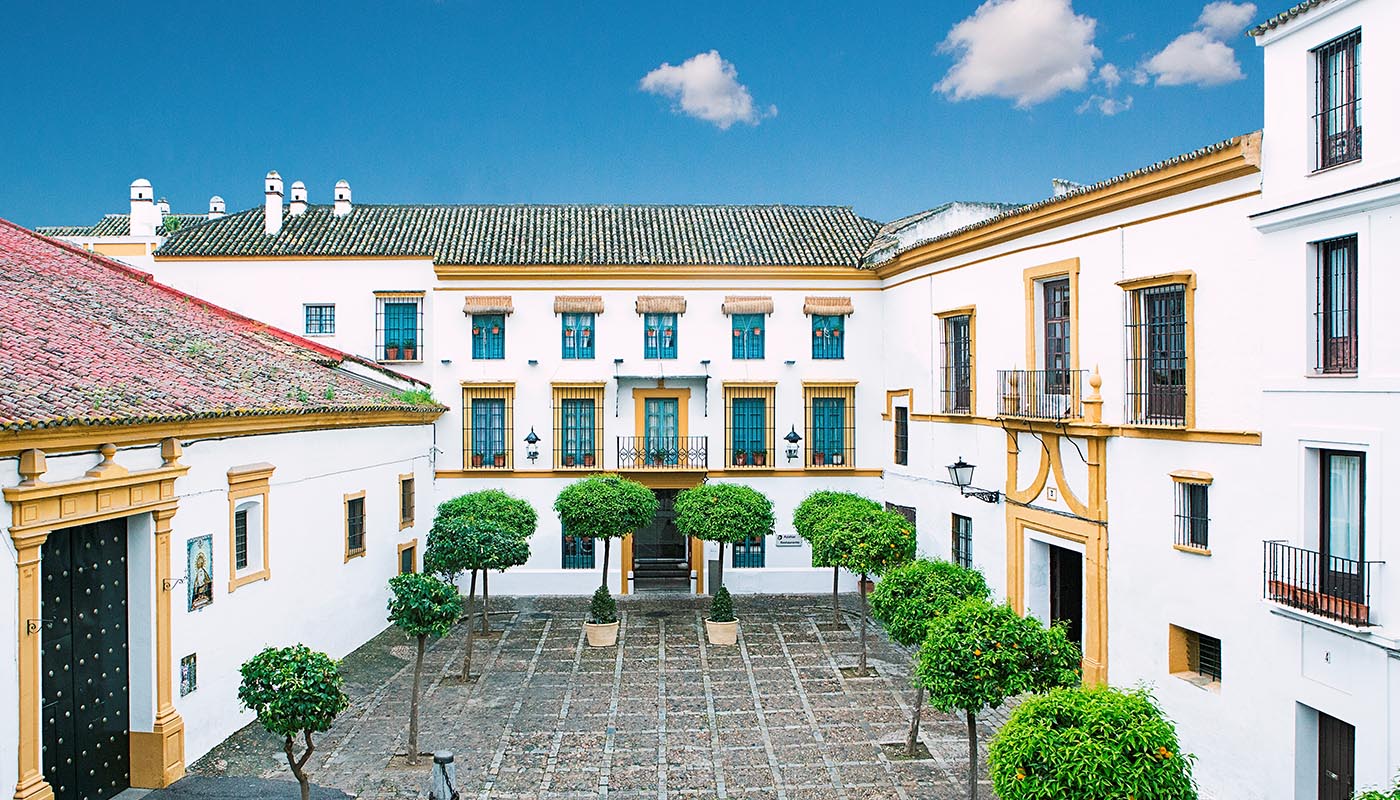
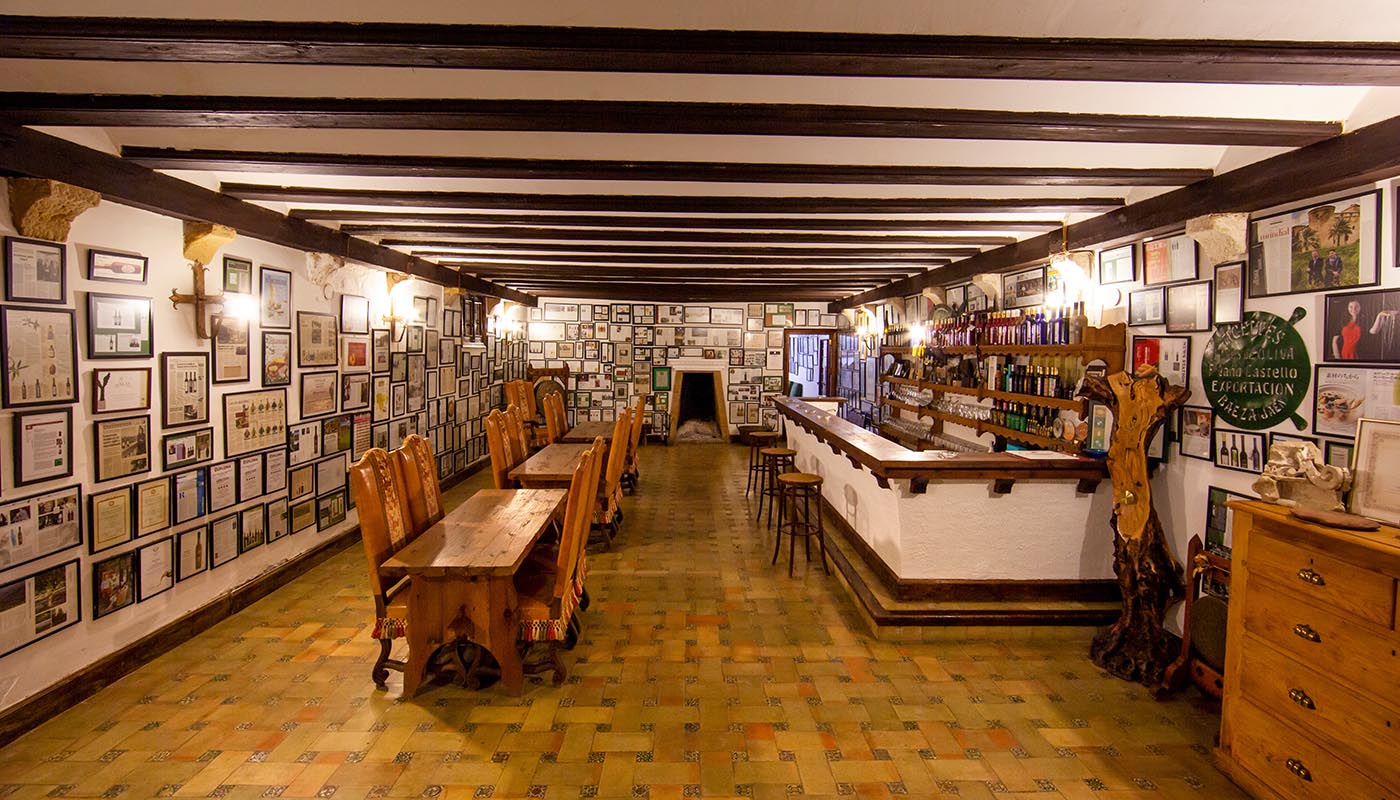
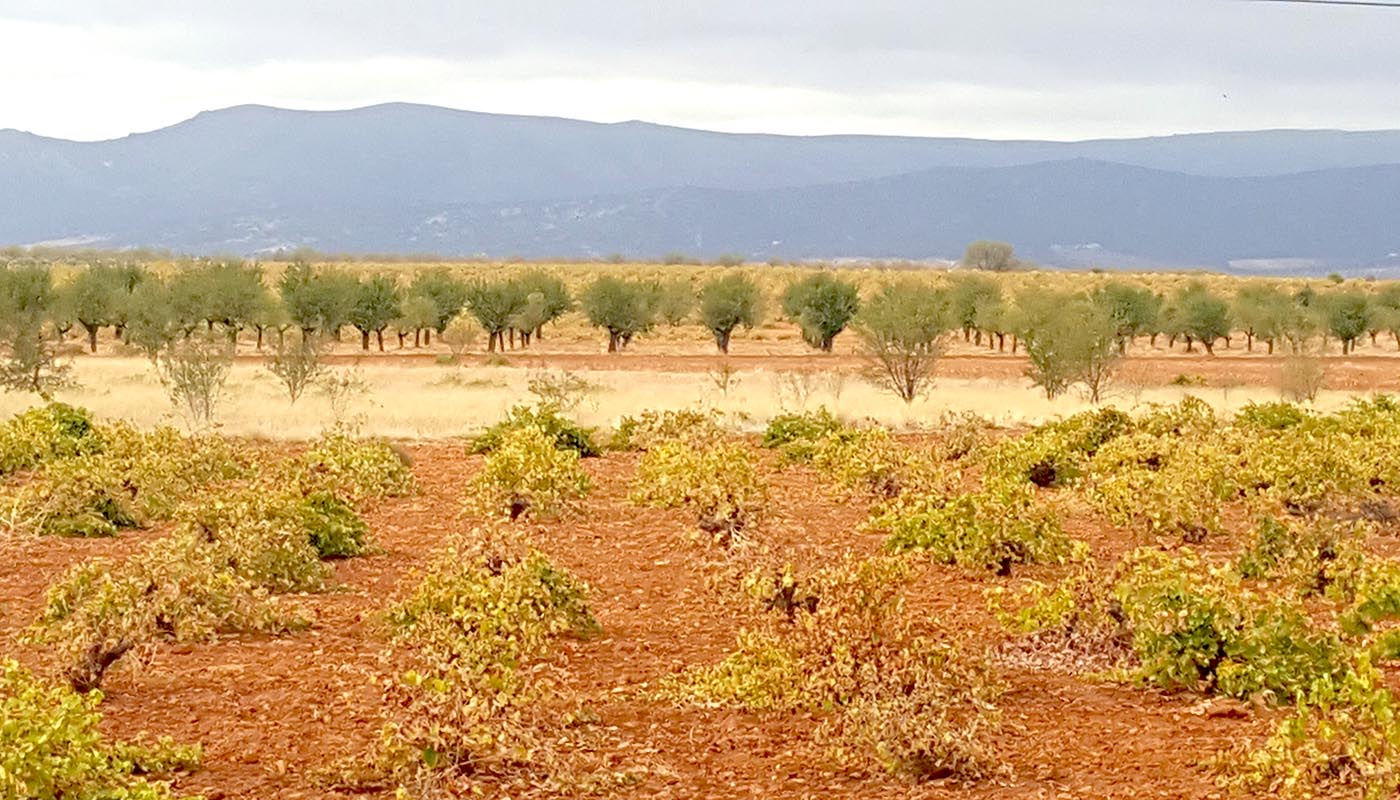
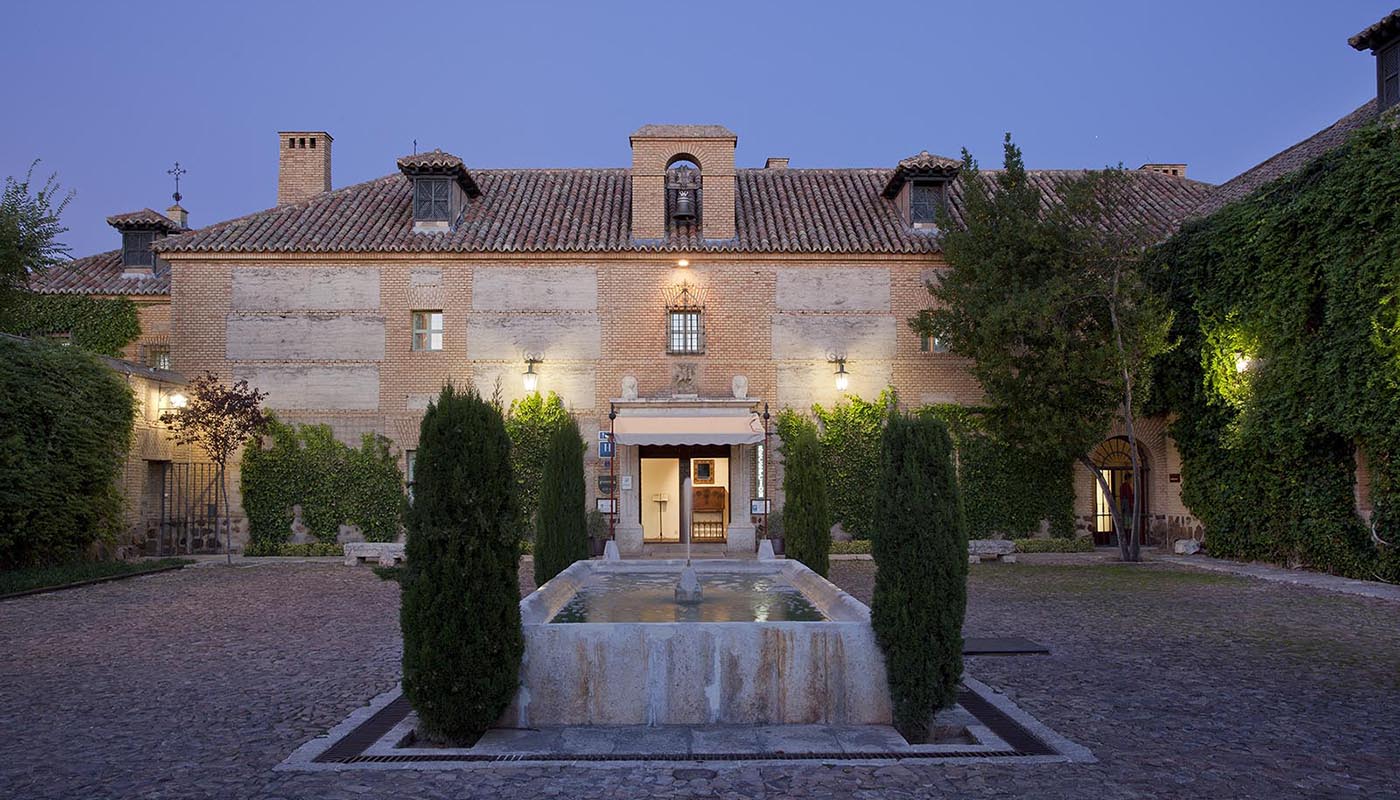
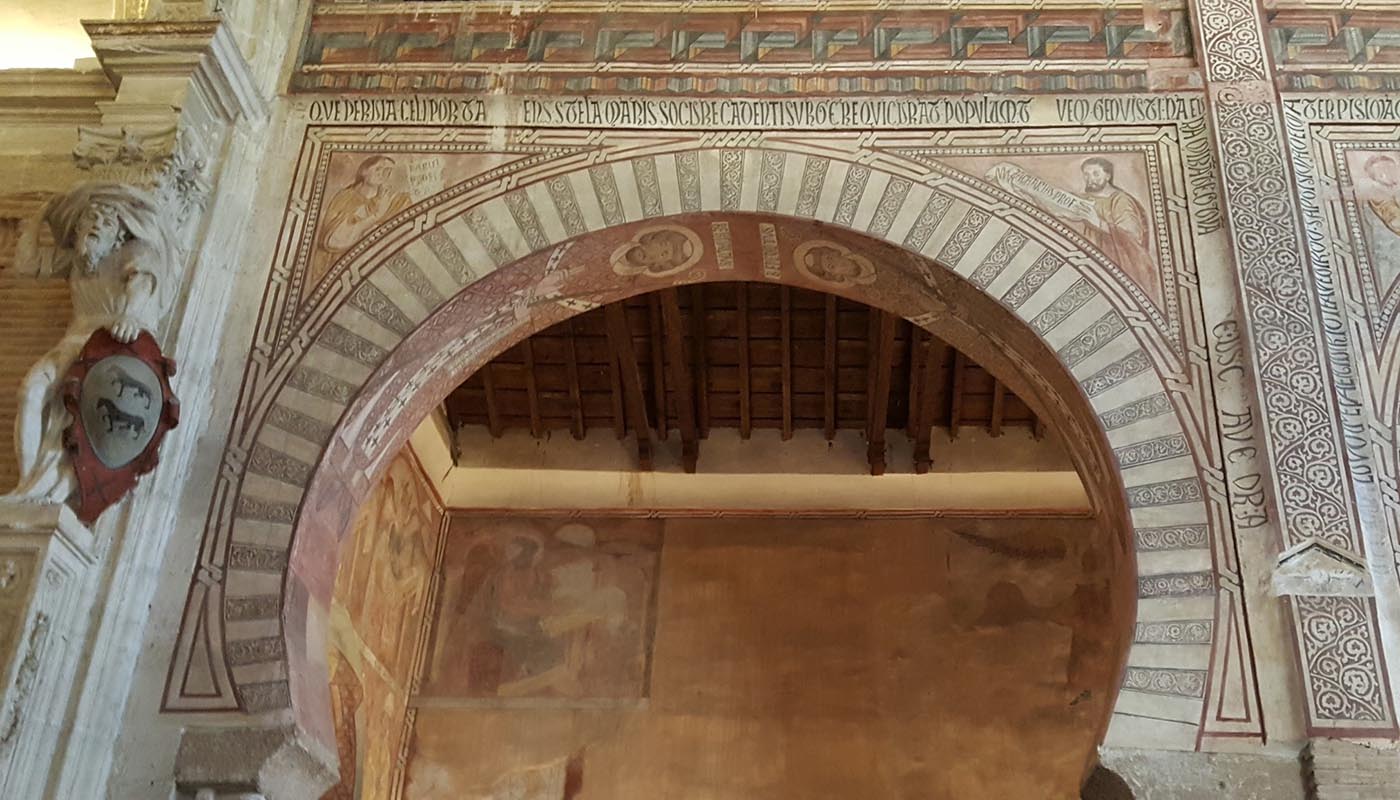
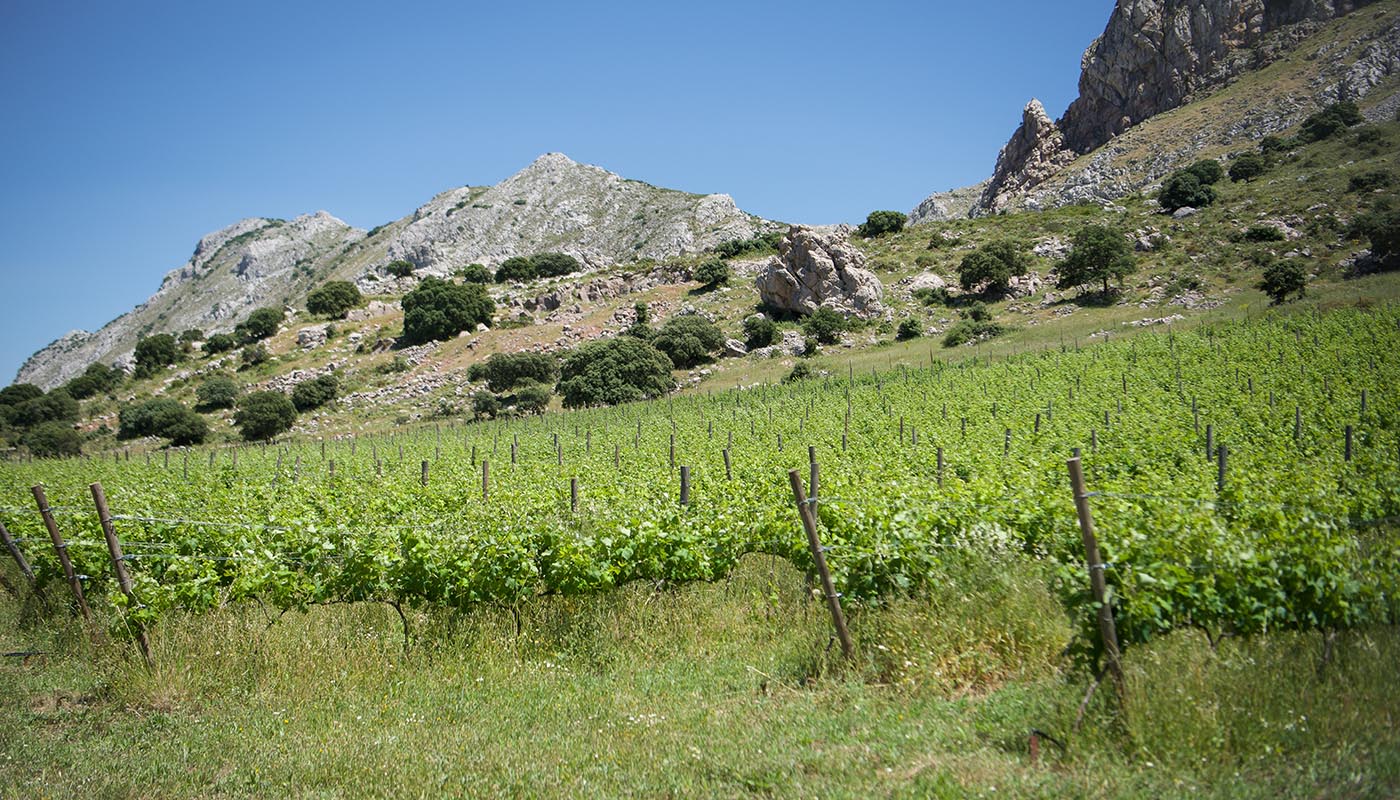
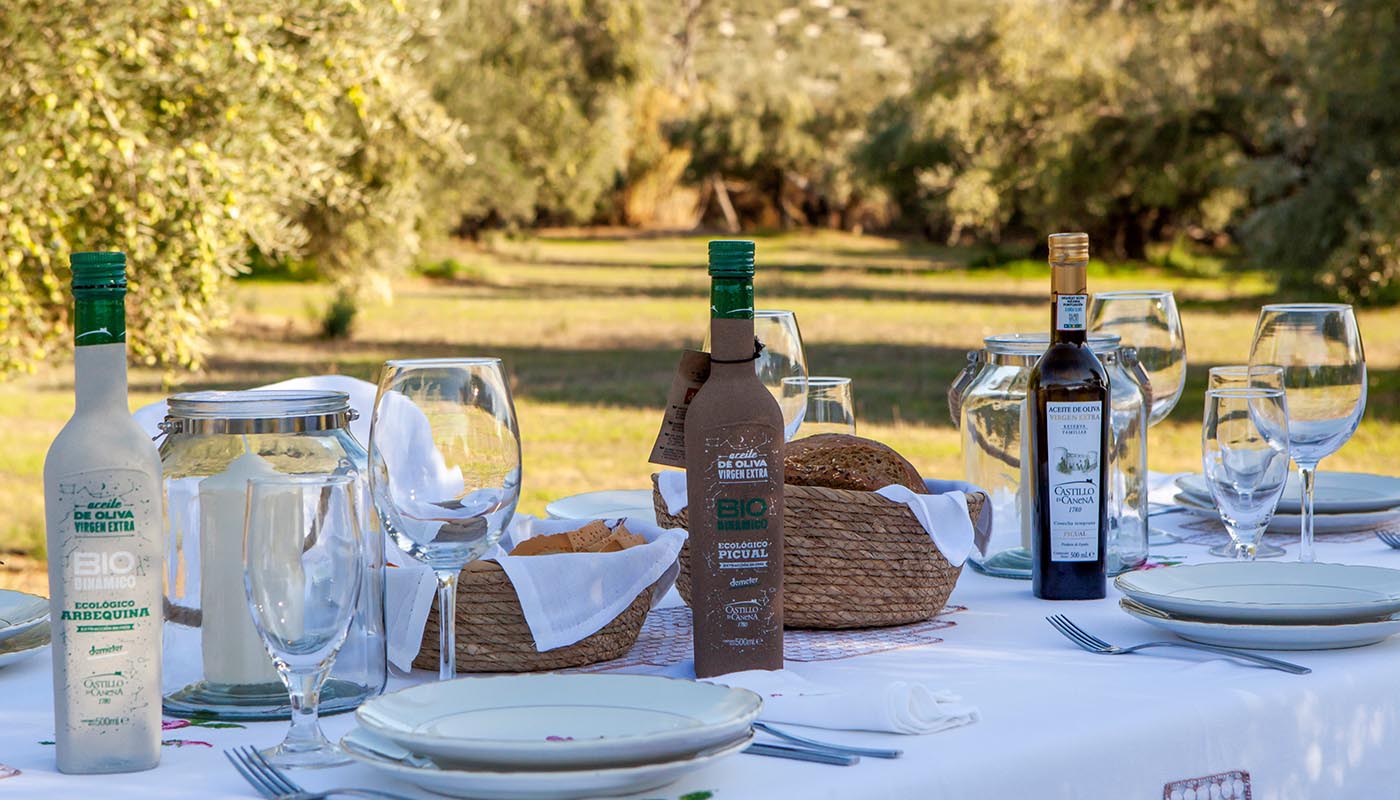
Your Itinerary
Day 1 | Innovative Food in Ancient Toledo
- Arrival to Toledo, check-in at your hotel. Time to unwind and relax.
- Dinner at one of our favourite restaurants in Toledo. Centrally located with a rustic and warm décor this restaurant will take you for a journey of modern and creative take of traditional dishes. Presentation is sophisticated and attractive. On the menu one might find artichoke with stewed partridge or a slow roasted leg of lamb with fennel. For those with a sweet tooth, liquorice ice cream or marzipan cake with cheese and fruit compote are typical dessert options. The wine list is excellent.
Day 2 | A City Winery in a World Heritage Town
- After breakfast you will head out on a private walking tour of Toledo focussing on the old quarter, history, and art. It includes a stop at a working Convent for a local marzipan dessert – which to this day is still baked by the nuns.
- Free lunch
- At the end of the afternoon, visit to a lovely local urban vineyard and winery in close proximity to the old town of Toledo. This is also home to one of the best restaurants in city. The view over Toledo is stunning and the owners take great pride in running one of the few urban vineyards & wineries in Europe.
- After a tour of the vineyards and winery, dinner will be served. You will have a short but delicious tasting menu that you can expect to include elegant dishes like wild quail with saffron rice, venison sirloin with quinoa or sea bass with tamarillo. A wine tasting flight will be paired with your meal.
Day 3 | Stand out Wines & a Perfectly Preserved Renaissance Town
- Check out from the hotel and depart to Almagro. This is a lovely journey through the rural and unspoiled heart of Spain.
- Approaching Almagro you will stop at one of the best wineries in Castilla-La Mancha. This is a property on the edge of the Valdepeñas wine region. It has more than 150 years of history and is committed to the production of fine wines. In fact, it’s one of the few wineries in Spain with the highest accolade of Vino de Pago. Set in a stunning wide-open area the estate also produces other agricultural crops and has its own game reserve. Here you will have a tour and tasting accompanied by some light and delicious local tapas serving as a light lunch.
- After lunch, a short drive to Almagro, check-in at your lovely hotel.
- At the end of the afternoon your local guide will meet you at the hotel for an informative tour around friendly Almagro. All the main attractions are a short stroll away. You will explore several of the renaissance architectural aspects that make this town so especial; but also, the beautiful and unorthodox Plaza Mayor – where the locals gather for drinks and tapas. There will also be time to experience other cultural highlights. From the oldest playhouse in Spain, to the dwellings of the Fugger brothers, 16th century Habsburg bankers.
- Dinner at a local restaurant with delicious food. Here the chef prepares quality rustic food with an emphasis on regional dishes, often including several cuts of meat or game, baby pickled aubergines or Manchego cheese pie. The wine list is extensive, focussing on La Mancha wines.
Day 4 | Bucolic Landscapes & Organic Olive Oil in Andalucia
- Check-out of the hotel, then a drive through idyllic countryside to Ubeda in Andalucia. It’s a drive of around 1.5 hours.
- Just before arriving to Ubeda, you will visit an olive oil producer. This family-owned business, established in the early 18th century, is in a former Arab fortress turned castle. Since the very beginning the family has been producing top quality extra virgin olive oils from the Picual, Royal and Arbequina varieties. In the olive groves, there is a strong emphasis on sustainable farming and olives are hand-picked.
The tour of the olive groves and of the spectacular property will be followed by an olive oil tasting, with some light local tapas. - Check in at your hotel in the heart of Úbeda. Conveniently located within walking distance from the main sightseeing places. Afternoon to relax, to enjoy the beautiful surroundings.
- Late afternoon or early evening, a private walking tour highlighting the rich heritage of Úbeda. The tour will make you appreciate this beautiful and rich town accompanied by an informative and fun local guide.
- Dinner on your own. There are many good local restaurants within walking distance from the hotel to pick from
Day 5 | Great Food & Wines at a Forward Thinking Winery
- Check out from the Úbeda hotel and drive leisurely through splendid countryside towards Granada. Check in at your hotel cum winery in the vicinity of Granada.Time to unwind and enjoy the hotel, the estate.
- Dinner will be served at the hotel’s excellent restaurant overlooking the vineyards and the Sierra Nevada. You will have a small tasting menu inspired by the best local organic products and paired with the estate’s great wines.
Day 6 | Granada with a Sense of Place
- After breakfast, a short drive to Granada to explore this rich and fascinating city, with an enthusiastic local guide.
- Your private walking tour will focus on the oldest quarters of Granada, the Albaicín and the Alhambra. The Albaicín, created under Muslim rule, is full of labyrinthic streets and exciting corners. Once it was conquered by the Catholic Kings many mosques were used as foundation for the city’s churches; but the Moorish influence remains present from the El Bañuelo (Arab baths) to modern tea houses. The Albaicín also offers fine views of the Alhambra, a great aperitif to what it is to come on the next part of your visit. At the Alhambra your guide will explain how the different buildings of the Palace over the centuries came about, which will make your visit even more thrilling.
- Free lunch and afternoon and evening to explore on your own.
Day 7 | Elegant Organic Wines with a Dramatic Setting
- After check out from your hotel you will drive to Cordoba, a trip that should be around 2 hours.
- Halfway into your drive a stop in Antequera, a lovely but unfamous UNESCO world heritage site, with a strategic location, sitting between Granada, Cordoba and Seville, At this stop we have organised a visit at a wonderful organic winery surrounded by one of Spain’s most stunning natural settings – with the El Torcal de Antequera UNESCO rock in sight as a backdrop.
- You are now in the Sierra de Malaga wine region, one of the youngest in Spain. With a warm Mediterranean climatic influence, mediated by the cold winds of Sierra Nevada, its wines are young, elegant, and approachable. Following the tour of this beautiful winery you will have a tasting and some nibbles as a light lunch.
- After lunch, continue your drive towards Cordoba, Close to the city, you will drive through the lesser-known wine region of Montilla-Moriles. Wines produced in this region are, in many cases, second to none to the sherry wines produced in Jerez. Here the solera system, just like in the land of the sherry, is used to produce dry white wines from local varieties like Pedro Ximénesa and Airén. International varieties like Chardonnay and Sauvignon Blanc are also delivering great wines.
- Stop for a visit at top local winery here. It starts with the winery grounds, where the wines are aged and stored, followed by a tasting alongside some local nibbles.
- After the tasting, a short drive to Cordoba, check in at the hotel. Time to unwind.
- Dinner on your own. Within walking distance of the hotel, there are many charming restaurants frequented by many locals to choose from.
Day 8 | Cordoba with a Sense of Place & Innovative Cuisine
- After breakfast you will head out on an exclusive walking tour of Cordoba. There is plenty more to discover than the Mesquita-Cathedral of Cordoba but don’t worry, you’ll see it. The rich heritage of this place is reflected in the extraordinary architecture of both Moorish and Western influences that collectively display the ancient grandeur of the past. The narrow streets and warm atmosphere offer the perfect setting for your guide to take you on a journey through the local history and its many stories and anecdotes. However, Córdoba is not just amazing for those who are visually oriented as the taste buds are also highly spoiled here.
- Free lunch & free time to explore on your own.
- Your farewell dinner will be at one of the most exciting local restaurants. An imaginative chef’s menu, with an exciting combination of tradition and modernity, will be paired with excellent wines. We feel this restaurant showcases the best of a buzzing Andalusian gastronomic scene.
Day 9 | A ‘’Sweet’’ Town with the Scent of Cinnamon
- Check out from your hotel and drive to Seville.
- Halfway into the drive a stop at Spain sweetest town: Estepa, the capital of mantecado/crumble cakes. Originally from Andalucía, here the focus is on soft and crumbly cookies that are a Spanish Christmas tradition dating back to the sixteenth century. These sugar, wheat and lard cakes get their name from the last ingredient Manteca, which means lard. You will visit a local artisanal factory where the sweets are still made by hand, and taste these traditional and delicious cakes.
- Free lunch in Estepa.
- Continue your drive to Sevilla, check in at your charming and centrally located hotel, A lovely place to unwind.
- The first dinner in Seville will be in a traditional, classy local restaurant. This is an excellent place to dine on tapas style traditional Andalusian food including locally fished tuna, oxtail croquets, fresh artichokes with sherry and ham and salmorejo (a silky gaspacho). The wine list is extensive and of high quality.
Day 10 | Enjoyable Seville and its Contemporary Food Scene
- After breakfast, the day is free for you to explore, to (re)discover Seville at your leisure. The cobbled streets, lovely courtyards on the old town, the quirky Triana district with its funky bars and the striking Andalusian Contemporary Art Gallery.
- Your last dinner In Seville will take place at one of the city’s finest contemporary restaurants. Dishes are light, cooked with a contemporary take on Andalusian gastronomy; the restaurant has a modern yet welcoming environment. You will dine on the chef’s market menu based on fresh seasonal products, with matching Spanish wines.
Day 11 | Conclusion
- After breakfast the program draws to a close.
Accommodation
Toledo
You will stay, for two nights, at a former Palace converted into an intimate and elegant boutique hotel, a 5 star property. Located a short distance from the main cultural and architectural sights of Toledo, it is in a peaceful and quiet location. On site, it boasts a very nice café-bar and an excellent restaurant, as one would expect from a classy hotel. This is a wonderful place.
Almagro
The overnight in Almagro will be at a beautifully renovated former monastery in the town center. The hotel shows many of the charming original features from the monastery, like colourful tiles, inner courtyards surrounded by small fountains and stunning beamed ceilings, but all with the modern amenities one requires to be comfortable. The rooms have been tastefully updated and are extremely comfortable There is also a nice pool and garden area to enjoy a relaxing moment during your stay. Other quirky, yet lovely, details are the breakfast area in the former refectory, the chapel converted into a dining area and the bar installed in the old cellar.
Ubeda
In Ubeda we have chosen a lovely 4-star boutique hotel as your quarters for your overnight stay. This newly renovated venue is set in a historical building within walking distance of the town’s main attractions. Rooms are spacious and very comfortable with modern decoration. The public areas are smartly decorated taking advantage of the authentic architecture of the building.
Cordoba
You will stay two nights in a charming 4-star hotel in the old town quarter. This exclusive complex is made up of a cluster of city palaces, passing through corridors and patios connecting the different buildings. This is a special place, restored with sensitivity. Rooms are stylish, offering modern amenities in harmony with original details of calm Andalusian elegance. There are also plenty of nice courtyards, in a pleasant southern Spanish style.
Granada
Your two nights in Granada will be at a stylish 4-star boutique hotel cum winery, in the hills near the city. It is an intimate and elegantly designed venue, peacefully situated amid nature and surrounded by vineyards. Rooms are spacious and comfortable. There is also a lovely restaurant on the premises and a large outdoor swimming pool.
Seville
Your final 2 nights of this food & wine tour with a sense of place will be at an exclusive and intimate 4-star hotel in the centre of Seville. It is located in an attractive 18th century palace with stylish, spacious and comfortable rooms. The feeling is of calmness and understated chic. Other amenities are a remarkably beautiful southern Spanish style courtyard/terrace, a swimming pool and lovely bar.
How To Get There
It is easiest to fly into Madrid airport, since this airport offers the most options for international connections. There are many direct flights to Madrid from cities in Europe, the Americas and Asia. From Madrid, there are several daily connections to Toledo including the AVE, the high speed train, that takes under 30 minutes door to door.
For your return flight, Seville airport is a convenient hub. There are many direct flights to Seville from cities in Europe. For trans-Atlantic flights, it may be easiest to connect in Madrid, Barcelona, London, Frankfurt, Amsterdam, or Barcelona. Booking early can be very advantageous. Paladares Travel does not offer flights. We suggest that you book these directly with one of the many companies offering such services.
In order to get to the various providers taking part in the tour, you may wish to rent a car or arrange for a private car service. Kindly note the pricing on our website does not include transportation, since the cost is largely dependent on the number of people requiring such service. But of course, we would be happy to organise a bespoke car service or rent a car on your behalf. If you would like Paladares Travel to assist you with transport options, please let us know.
Arrival and departure airport transfers can easily be organised by us on your behalf.
explore the gastronomy & cultural tapestry of northern Spain through a road trip, taking in seven of our favourite cultural cities, with some of the best food & drink and art & architecture Spain has to offer.
Taste authentic as well as innovative food & fine wine, explore remarkable heritage in Lisbon during a long weekend.
Learn how to cook fine as well as rustic Portuguese dishes with the chefs of premier Alentejo wineries
Savour the best of innovative cuisine and wine making in Basque Country, Navarra and Rioja
